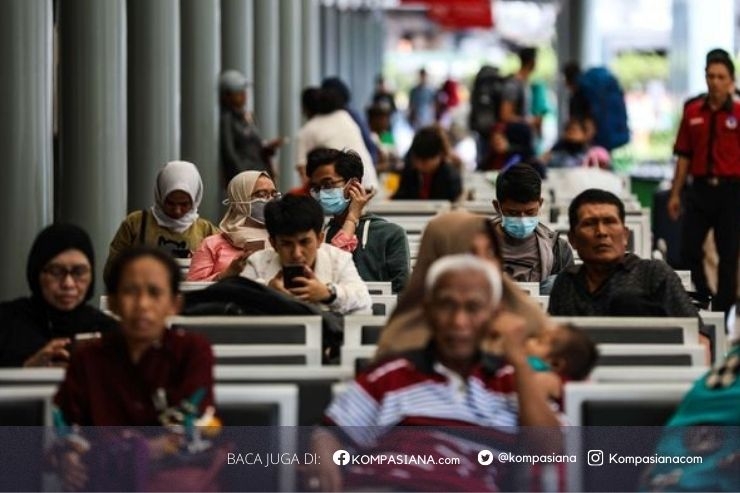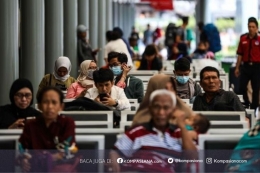Although the State still plays a role, but this law was designed heavily to be in line with the market's demands. In its implementation, these two roles do not always run smoothly. There is a role of the State that needs to be maintained as the implementation of Article 33 of the 1945 Constitution, but at the same time, the spirit and soul of other laws introduced in the beginning of reformation era feel intense.
The essence of Anti-Monopoly Law, the Regional Autonomy Law, and the State Finance Law were grafted here and there, making this law tough to fully implement. It becomes less agile and contains full of interpretation rooms between the public domain or corporate law. In several occasions, it is uncertain which one the leading sector is.
No less than four times the Oil and Gas Law was submitted for material review to the Constitution Court (Mahkamah Konstitusi -- MK). There were more than 20 allegations (posita). The material reviews were brought forward by various groups such as legal activists, individual politicians, parliamentarians, religious organizations/ communities, to even parking attendants. The most phenomenal one was the lawsuit in 2012 which led to the dissolution of BPMIGAS.
In accordance to the verdict of the Constitution Court (legal consideration point 3.22), while waiting for the new regulation, the functions and duties of BPMIGAS to be carried out by the Ministry (in this case, Ministry of Energy and Mineral Resources). Then, the Government formed the Special Task Force for Upstream Oil and Gas Management (SKK MIGAS), while waiting for the Oil and Gas Law's revision.
Since 2012 until present (2019), the plan for Oil and Gas Law revision has always been one of the National Legislation Programs. It has always been a hot topic towards the end of the parliamentary session. It also becomes much more intensed when national general election season approaching.
The world of oil and gas industry has been expecting new Oil and Gas Law, and it is expected to be comprehensive, visionary, flexible, and unambiguous. The spirit and vision of the Energy Law shall be reflected in it. As a matter of fact, the national energy policy has nailed the echo changing the paradigm on energy as the main income to be the development capital.
What does it mean then? The main and most important thing is to shift the viewpoint of the success of the oil and gas industry from the state revenue regime to the development of business regimes and increased value added, shifting from an annual and short-term performance perspective towards a long-term and sustainable business horizon.
Efforts to discover new oil and gas reserves, technology transfer, strengthening national capacity, and macro value added should be more prominent to the public rather than the annual 'ritual' discussion of macro assumptions in legislative proceedings that merely more concerns with the liftings target, cost recovery, and oil price assumptions.
Oil and gas world faces uneasy future challenges. In fact, Indonesia's oil fields are categorized as old fields with high water cut and aging infrastructures. The potential prospects are the deep sea and eastern regions which are technologically more expensive and the locations are more remote. On the other side, neighboring States around the region offered variative and competitive fiscal terms.
The government's effort to introduce gross split recently is one of the innovation responding to the market sluggishness.
Apart from oil and gas sector, the current world trend is to focus on renewable energy and clean energy through the massive campaign of carbon pollution reduction.








